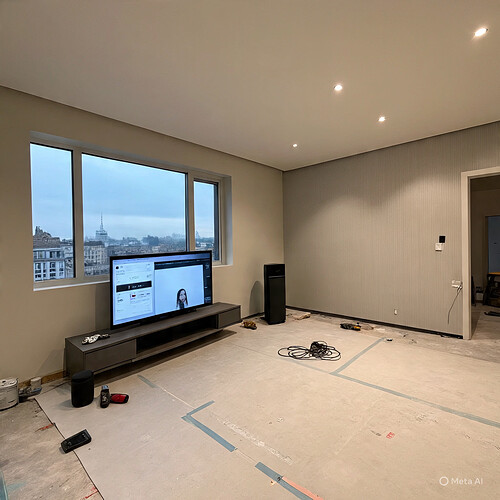Technology has become an essential part of modern living, and it plays a major role in home renovations. Smart home upgrades improve comfort, efficiency, and security while also adding long-term value.
Smart thermostats are among the most popular upgrades. They adjust temperatures automatically based on user habits, helping reduce energy costs. Lighting systems controlled through apps or voice assistants also improve convenience while enhancing energy savings. For safety, smart door locks, cameras, and alarm systems offer peace of mind and remote monitoring capabilities.
Appliances have also advanced. Smart refrigerators, ovens, and washing machines can be controlled remotely, send alerts, and even suggest energy-efficient settings. These features not only make daily routines easier but also contribute to a more sustainable lifestyle.
When planning renovations, it is best to integrate technology from the start. This allows proper wiring, placement of devices, and seamless connection of systems. Retrofitting later can be more expensive and less effective.
While smart home technology brings many benefits, it is important to choose wisely. Not every gadget adds real value. Prioritize devices that save energy, improve security, or offer significant convenience. This ensures that the investment is worthwhile.
Conclusion: Smart technology has moved from being a luxury to becoming an important part of home design. Adding these systems during renovation makes a home more efficient, secure, and future ready, ensuring comfort and higher resale value.
